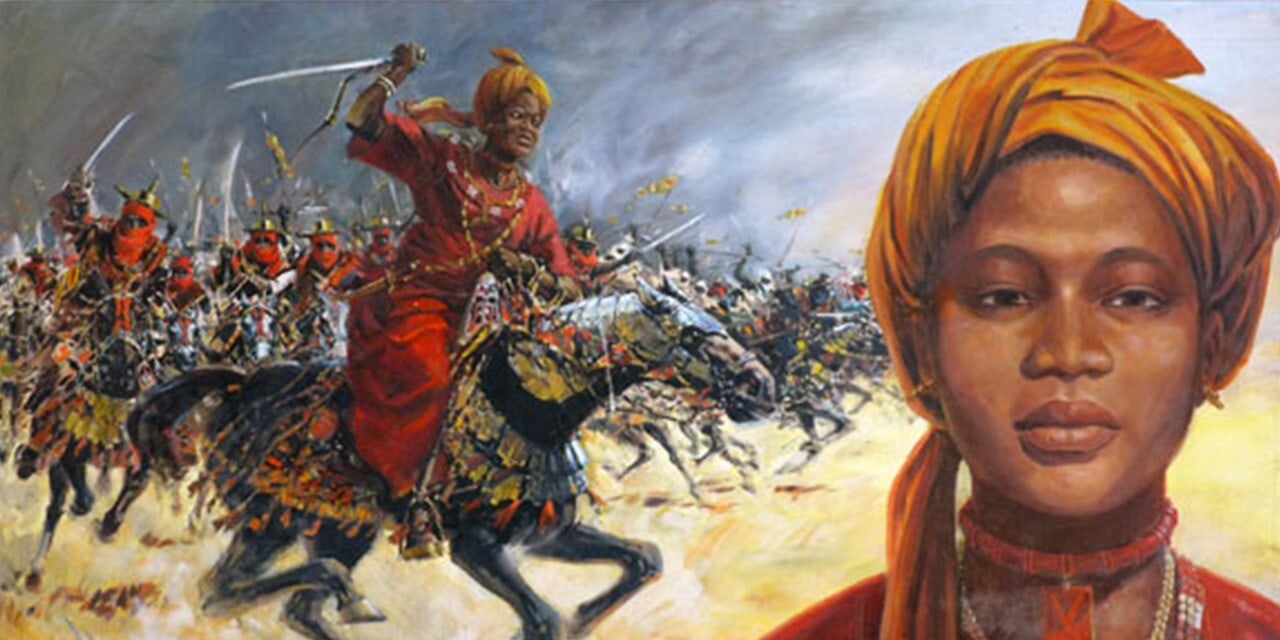The Renaissance was a period known for cultural and artistic growth across Europe. It is an important time period, because of all of the major accomplishments in the arts. However, it was a time in society where women were often forced into the role of mother and wife. Because of this, the powerful women of the Renaissance truly stood out. These women range from Queens to artists and businesswomen. They defied societal norms and shattered stereotypes to achieve success. In this article, we will delve into the lives of some of the most powerful women of the Renaissance.
Louise of Savoy

Louise of Savoy was a French noblewoman and regent born in 1476. She rose to power because of her beauty and intelligence, as well as her diplomatic skills. After her marriage to Philibert II, Duke of Savoy, she became regent for her son after her husband’s death. She was a patron of the arts and a strong advocate for women’s rights.
Her political and cultural influence earned her a reputation as one of the most powerful women of her time. She formed close relationships with other powerful women and used her diplomatic skills to maintain the stability of the Duchy of Savoy. Today, she remains a symbol of women’s strength because she is remembered as a true leader and champion of the people.

